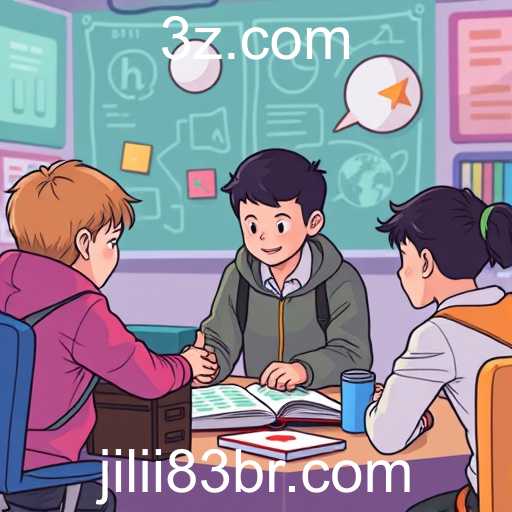This article delves into the significance and impact of the 'Education' game category on modern learning platforms, using the keyword 'jiliI83' as a focal point. It explores how educational games are reshaping traditional learning processes and the ways in which 'jiliI83' contributes to this evolving landscape.
In recent years, the intersection of education and gaming has emerged as a dynamic and transformative field, driven by technological advancements and innovative approaches to learning. The 'Education' category in gaming has become a significant tool in enhancing the engagement and effectiveness of educational content. Within this category, the keyword 'jiliI83' stands as a notable representation of this transformative movement.
The concept of educational games is not entirely new; however, the integration of gaming mechanics into educational content has taken a substantial leap. Traditional education often struggles to maintain the attention of learners, especially in younger demographics. In contrast, educational games in the 'Education' category leverage interactive elements, storytelling, and challenge-based learning to captivate users.
'jiliI83' exemplifies the power of this approach, offering a suite of games designed to provide immersive learning experiences. These games target a range of subjects, from mathematics and language arts to science and history, each game carefully crafted to align with educational curricula and objectives.
One crucial aspect of educational games like those under the 'jiliI83' keyword is their ability to offer instant feedback, which is instrumental in reinforcing learning concepts and correcting misconceptions. This instant feedback loop is conducive to a personalized learning experience, allowing learners to progress at their own pace, thereby preventing the disengagement that often accompanies traditional learning methods.
Furthermore, 'jiliI83' and similar educational games encourage critical thinking and problem-solving skills, which are invaluable in real-world applications. By posing challenges that require learners to apply their knowledge creatively, these games help bridge the gap between theoretical concepts and practical use.
Moreover, these games embrace the global reach of the internet, enabling collaborative and competitive learning environments. Learners can engage with peers from around the world, fostering a sense of community and collaboration. Such social interaction is a vital component of modern education, preparing students for a digitally connected world.
In summary, the 'Education' game category, highlighted by the keyword 'jiliI83', plays a pivotal role in the evolution of educational methodologies. By combining the engagement and allure of gaming with robust educational content, it offers a powerful solution to the challenges faced by traditional education systems. As technology continues to advance, the integration of games like those in 'jiliI83' into educational frameworks will only deepen, paving the way for a future where learning is as enjoyable as it is effective.




